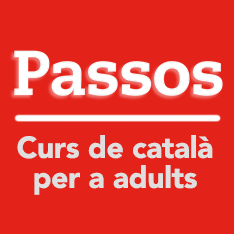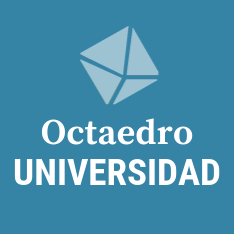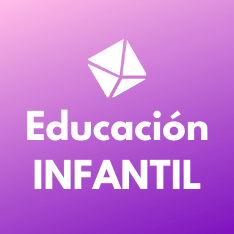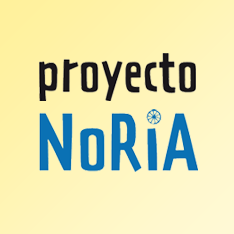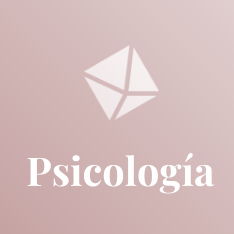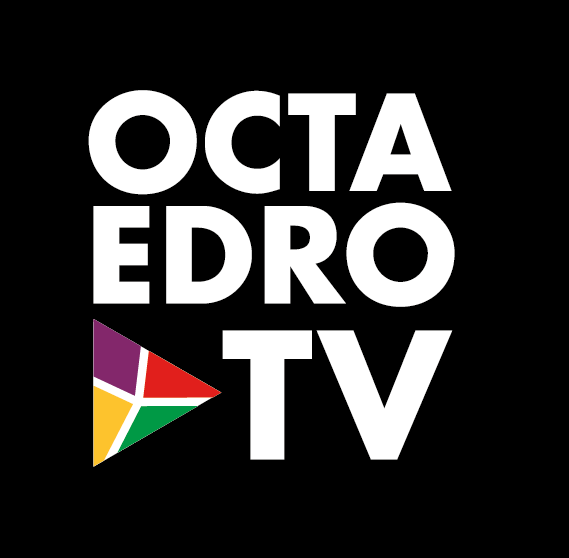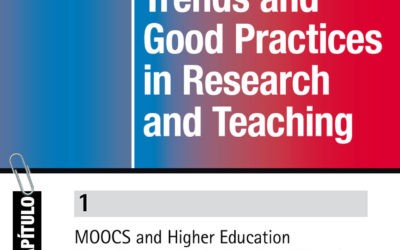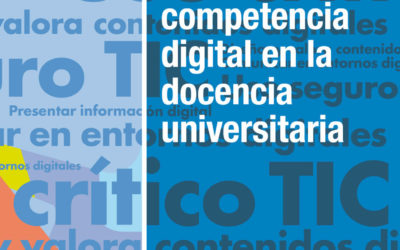MOOCs can support educational innovation in a wide range of contexts, from formal to informal and from expected to unexpected. This kind of open online courses are often used within campus modules as core elements of their curriculum. This is the case of this experimental study, where we analyse an experiment of HE educational innovation about the perceptions of students around strengths and weaknesses of MOOCs in socio-educational settings. 54 students were surveyed with multiple choice questions around this topic. The results show that HE students of education degrees tend to see the potential of MOOCs to aid the transformation of the classrooms often currently reserved to social elites. They also see that MOOCs can transcend to new learning arenas more ubiquitous, connected, informal and horizontal, which can facilitate the digital inclusion of disenfranchised groups, as well as potentiate the blooming of interactive communities of collective intelligence. However, these students were also aware of important shortcomings such as the lack of monitoring, and MOOC´s often unattainable demand of high learner autonomy.
Eva Ordóñez Olmedo
Biografía
Profesora en la Universidad Católica Santa Teresa de Jesús (Ávila), doctora en el Programa de Ciencias Sociales de la Universidad Pablo de Olavide. Máster en Educación para el Desarrollo, Sensibilización Social y Cultura de Paz. Es miembro del Grupo de Investigación Eduinnovagogía HUM-971.
Publicaciones
La competencia digital en la docencia universitaria
La promoción y desarrollo de la formación del profesorado universitario requiere de ambientes pedagógicos competenciales fusionados con las nuevas posibilidades educativas que ofrecen las tecnologías emergentes digitales. En este sentido, la obra científica elaborada por diferentes universidades explicita, en una primera instancia, la conceptualización y categorización de las competencias para vislumbrar el modelo curricular europeo sustentado en ellas. A su vez, se describen las características más relevantes de la actual sociedad tecnológica. Por último, se reflexiona sobre la formación del profesorado de Educación Superior en lo concerniente al ámbito competencial digital. La intención de la elaboración de esta publicación es orientar a los docentes universitarios para que sean dinamizadores de las futuras generaciones de una era tecnológica.
